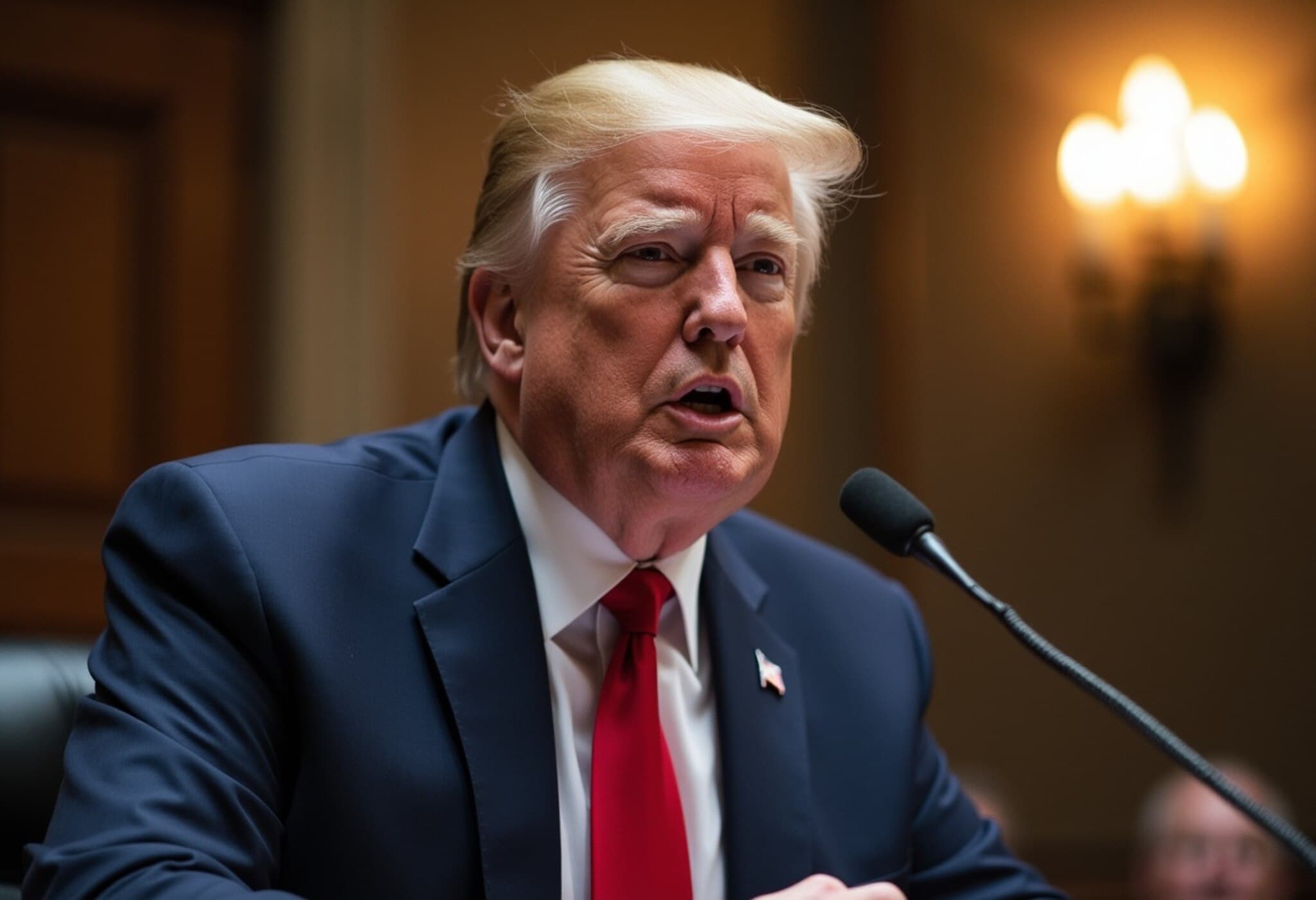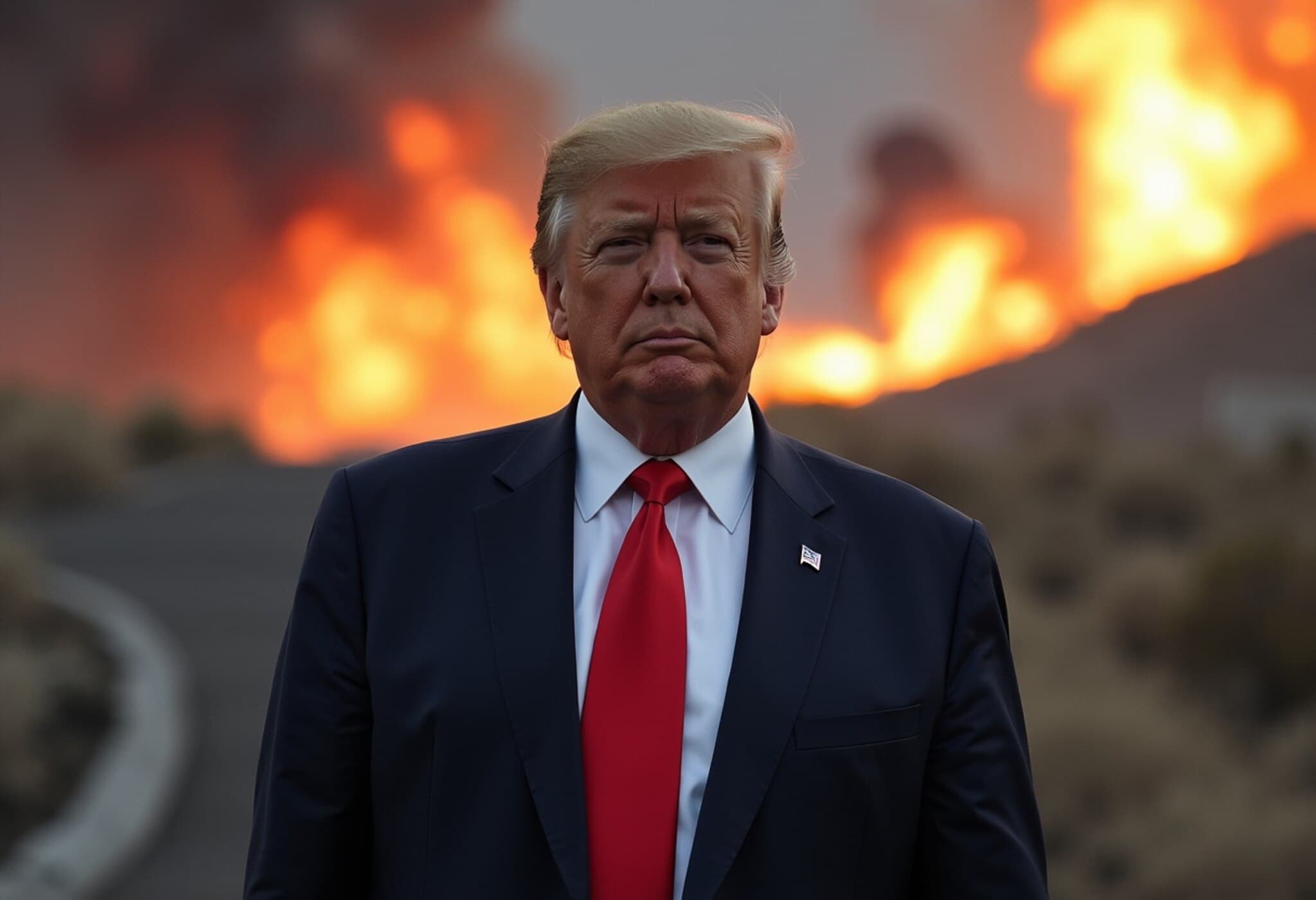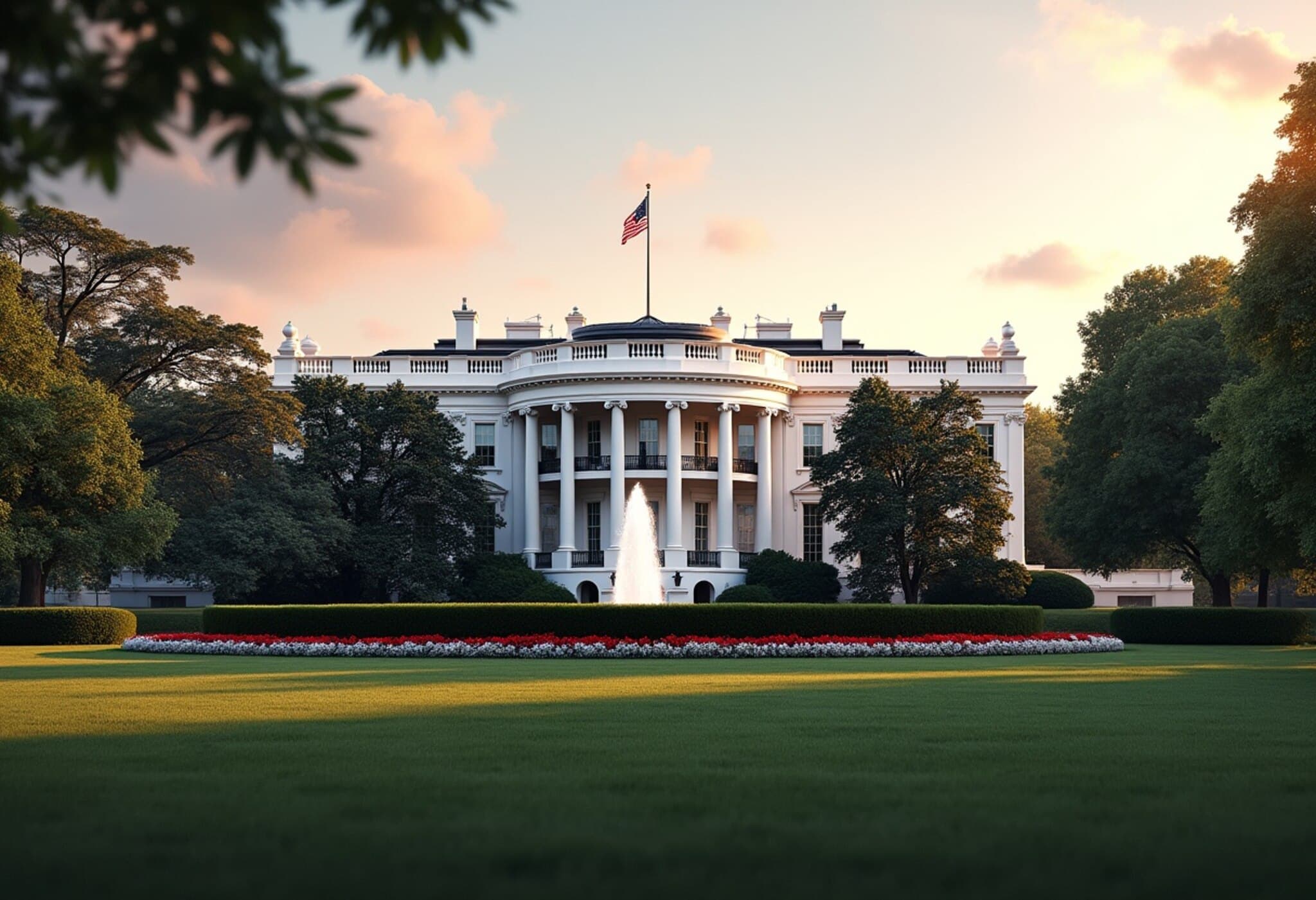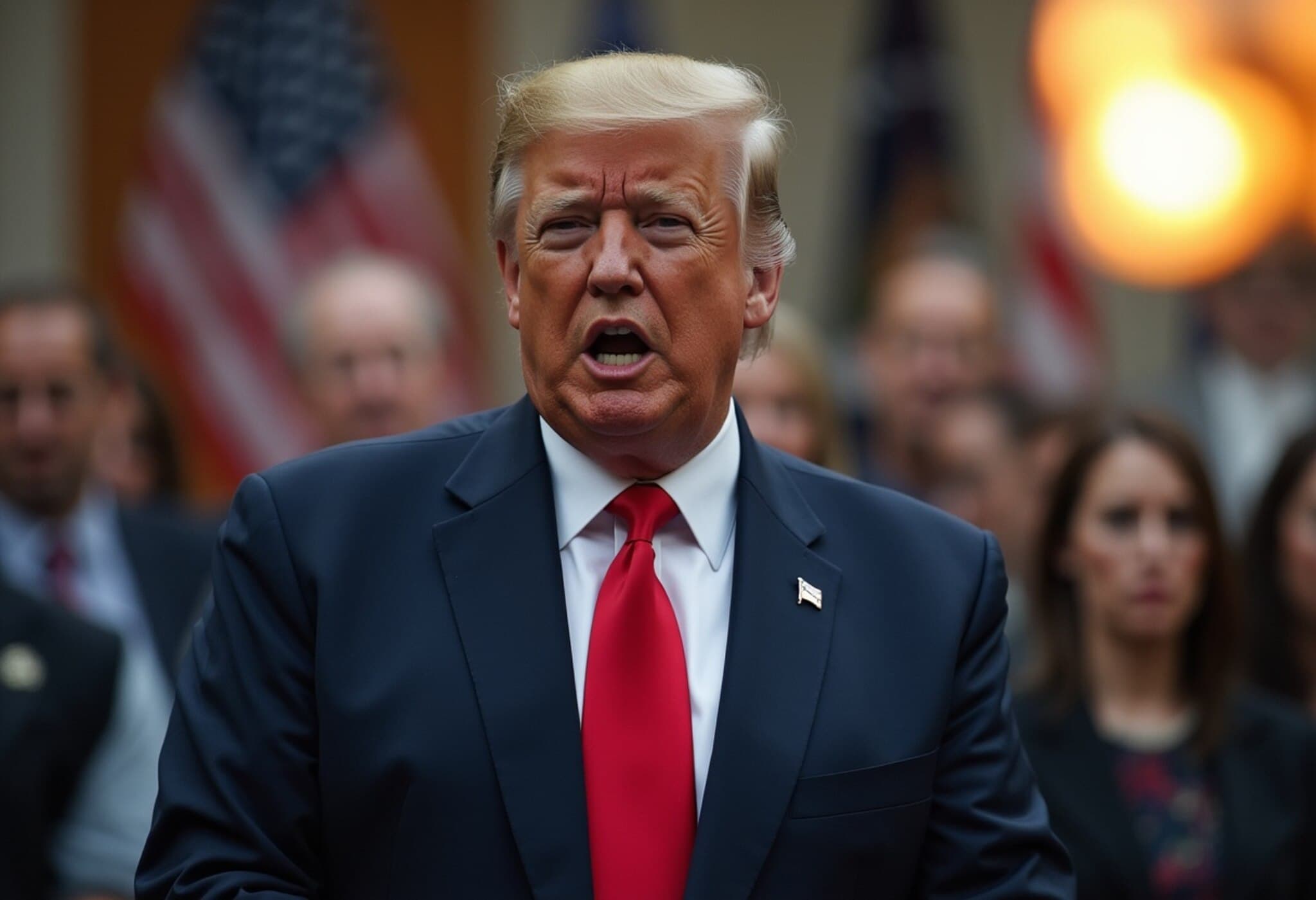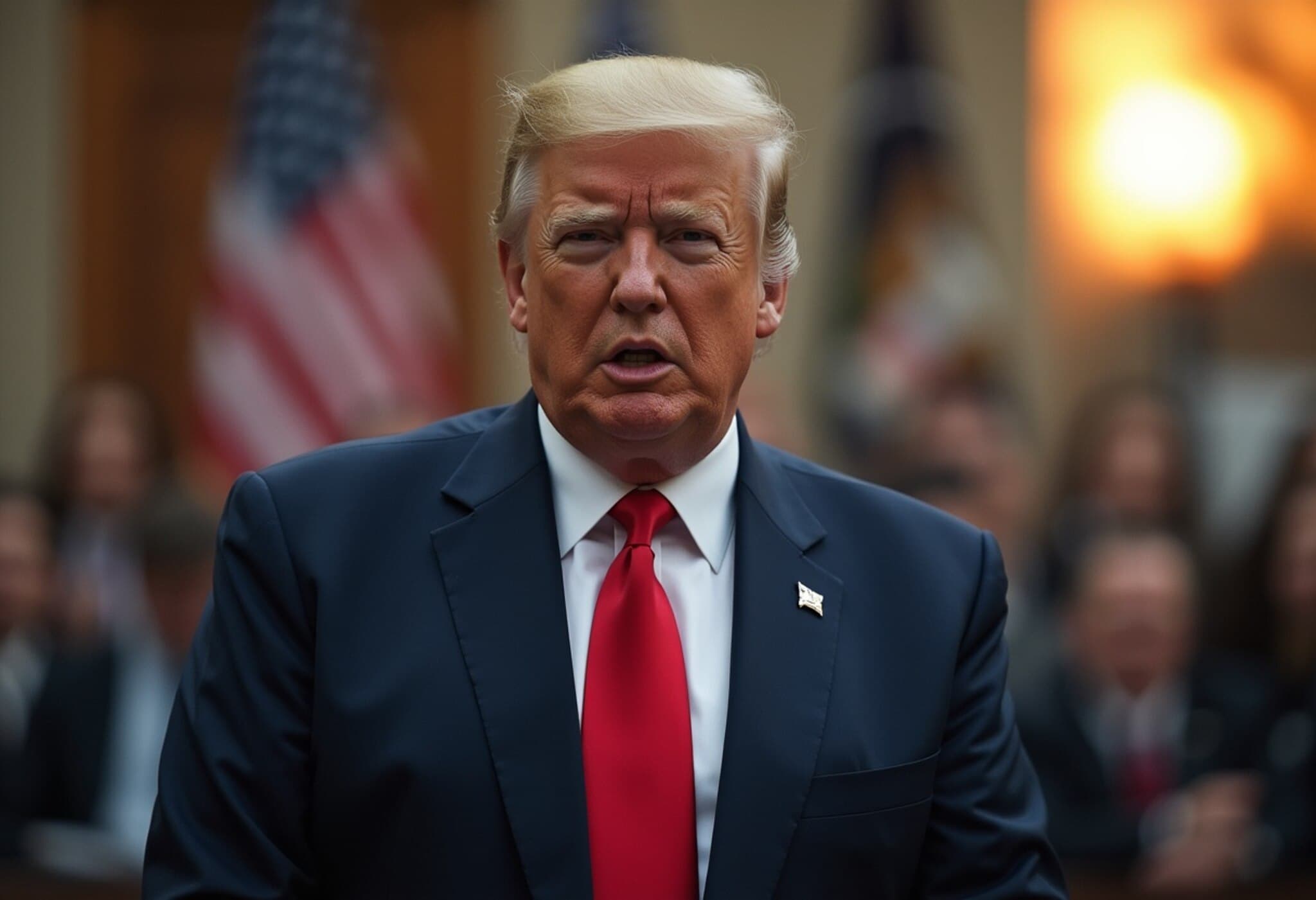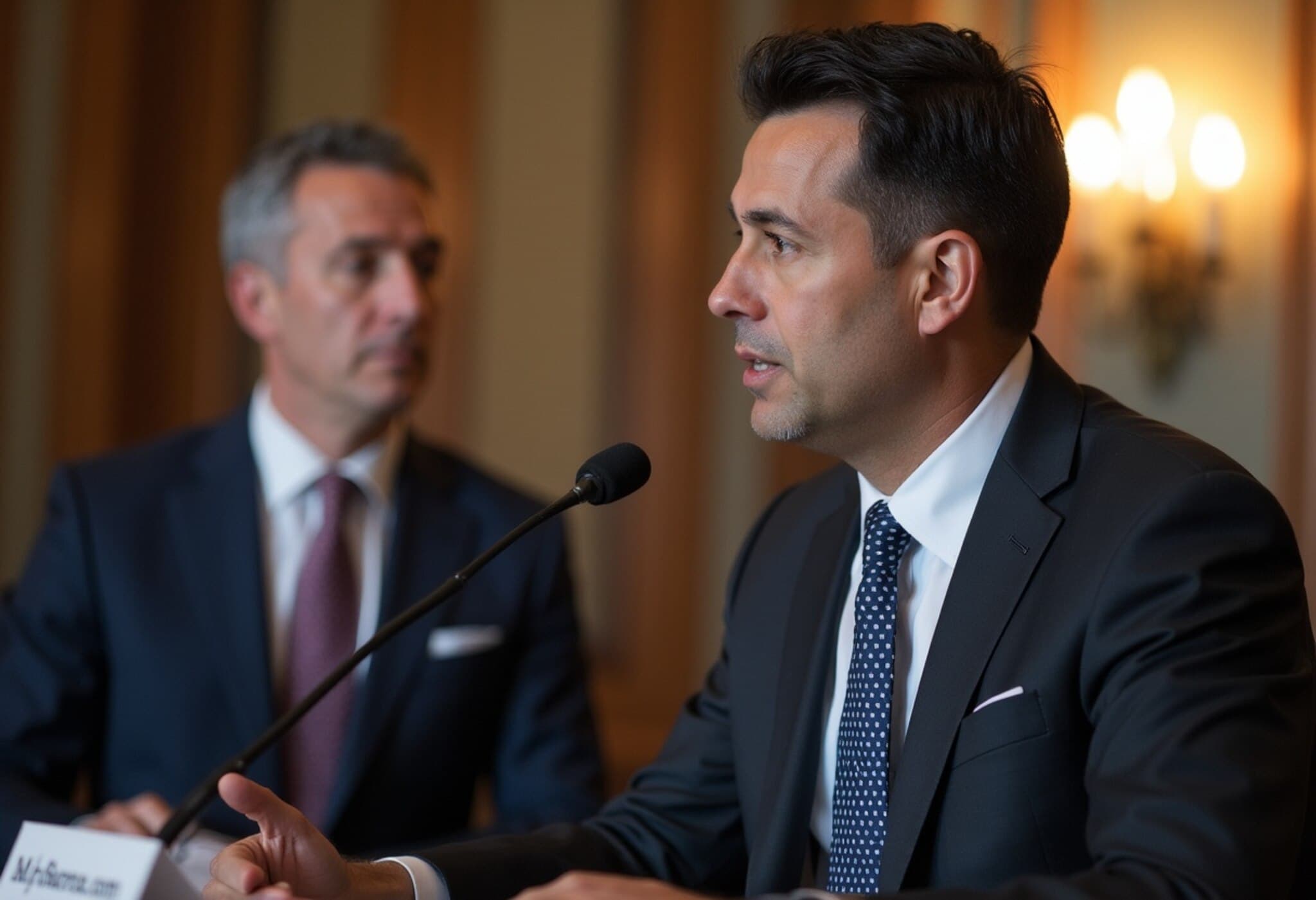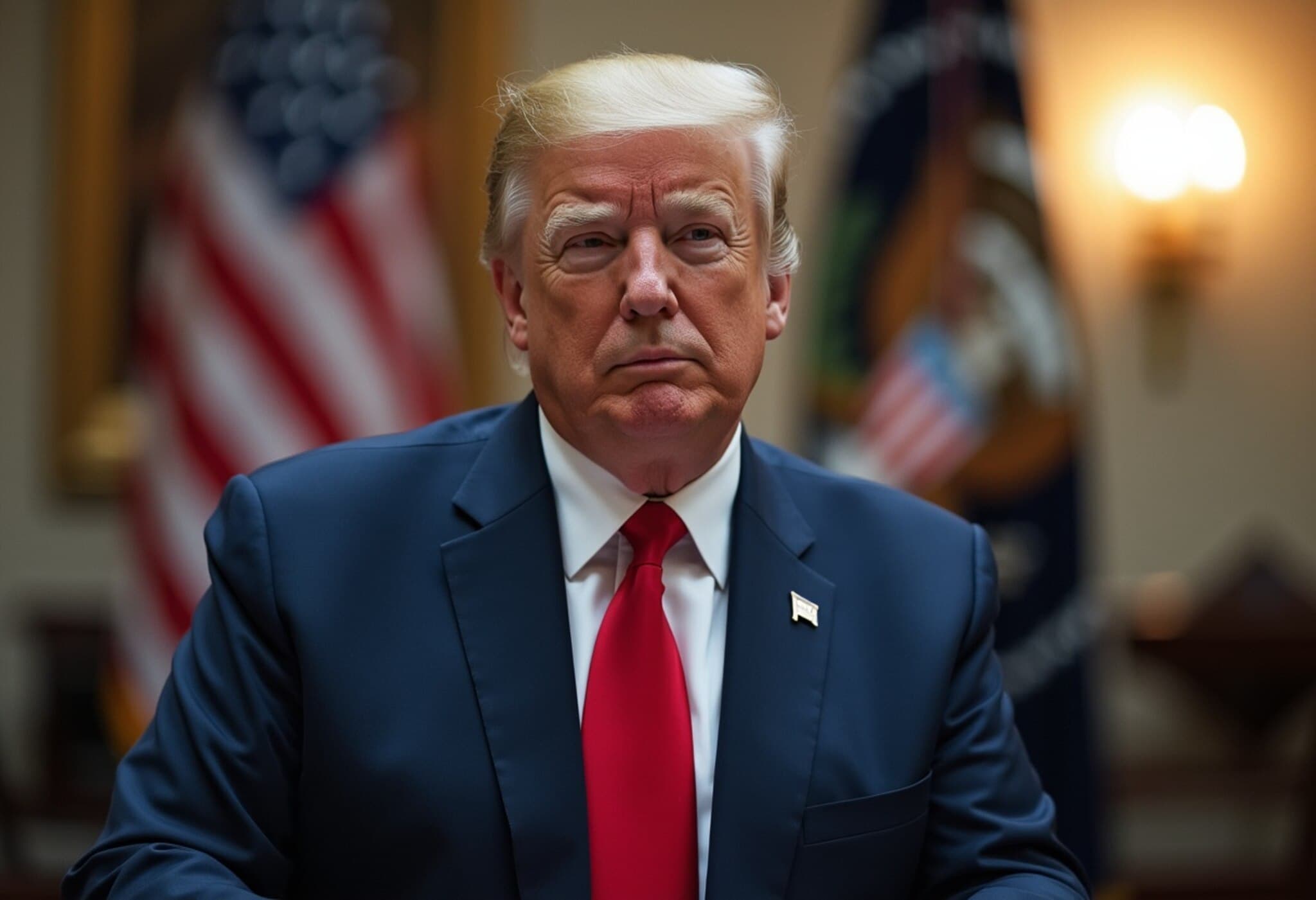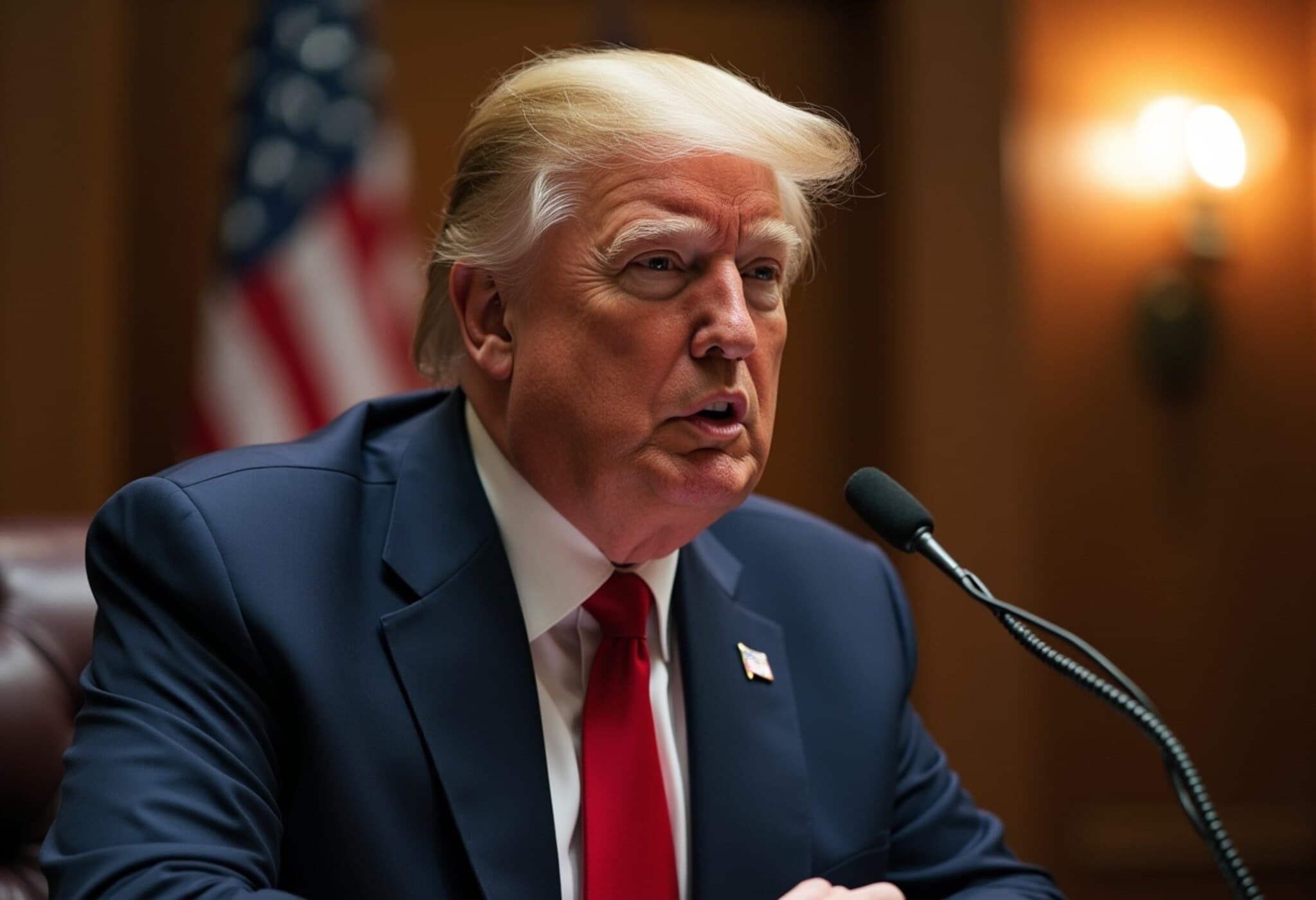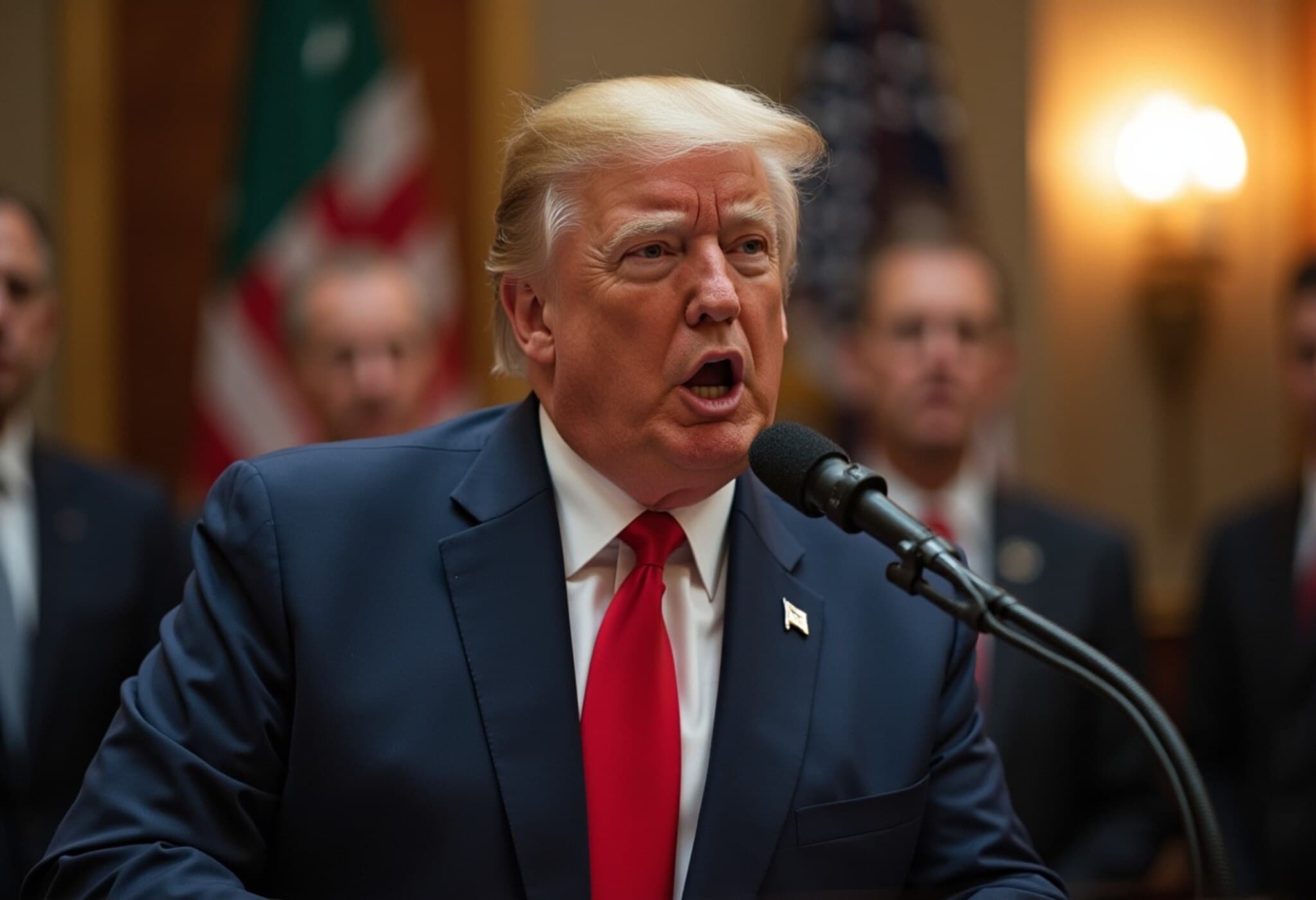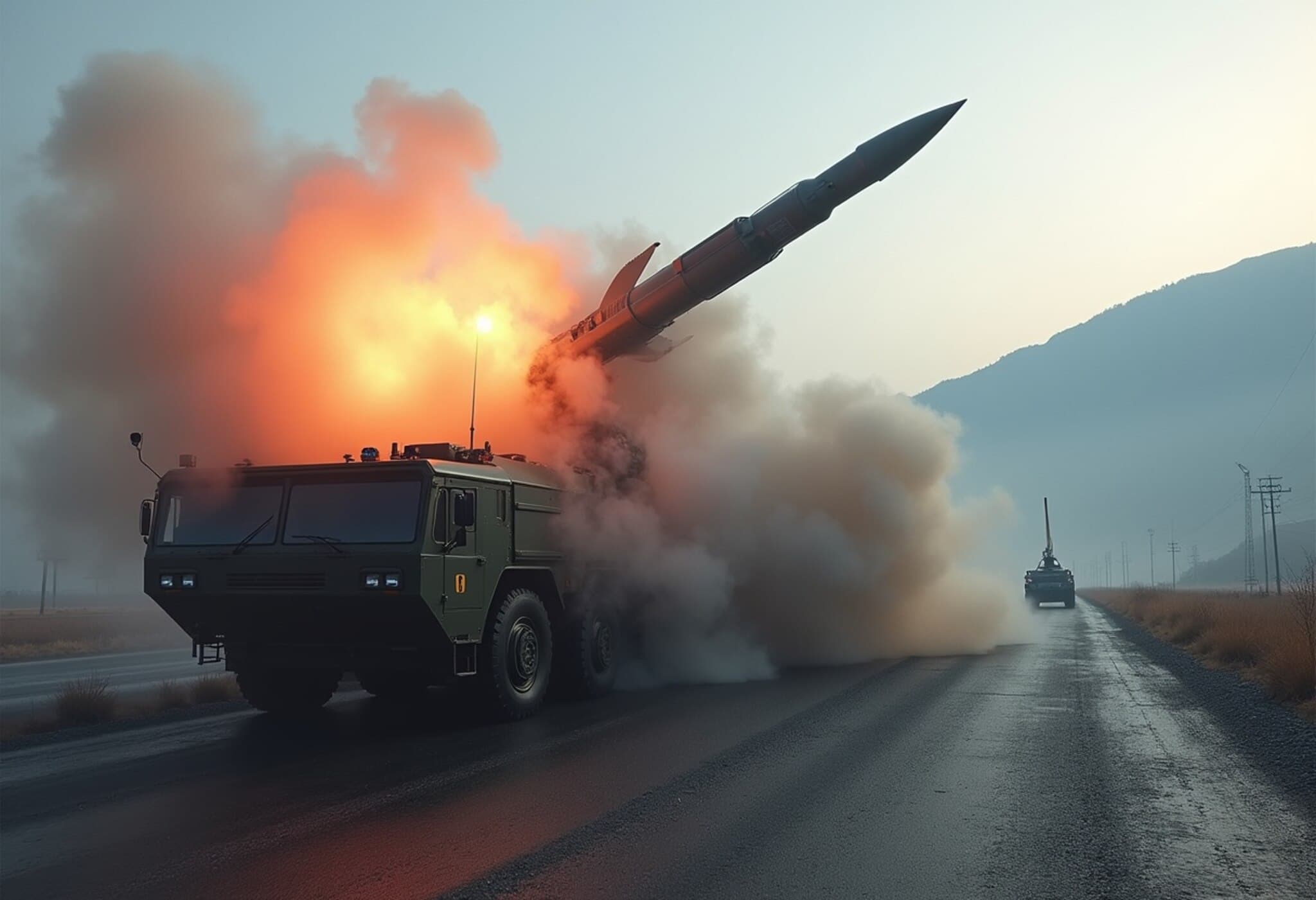House Speaker Challenges Constitutionality of War Powers Act
House Speaker Mike Johnson (R-La.) has openly questioned the legitimacy of the War Powers Act, a 1973 law designed to limit presidential authority to wage war without congressional consent. Speaking on June 24, 2025, Johnson argued the legislation infringes upon the executive powers granted by the U.S. Constitution, particularly under Article II.
Presidential Authority Affirmed Over Recent Iran Strikes
Johnson defended President Donald Trump's recent decision to launch strikes against Iranian nuclear targets, asserting the move fell well within his constitutional rights as commander in chief. "This was clearly within the president’s powers," Johnson said, pointing out that many constitutional experts share his view that the War Powers Act itself violates Article II.
Congressional War Powers and Historical Context
The Constitution grants Congress the plenary authority to declare war. However, this power has remained dormant since World War II, even as presidents have authorized military actions worldwide. Meanwhile, the president's role as commander in chief provides substantial discretion over military engagements, often circumventing prior congressional approval.
The War Powers Resolution was enacted to strike a balance by requiring the president to inform Congress within 48 hours of deploying armed forces in situations where war has not been declared, and to end military operations within 60 days absent congressional authorization. Yet, this law's effectiveness and constitutional standing have long been subject to debate.
New Legislative Efforts to Restrict Military Actions in Iran
In response to escalating tensions, Rep. Thomas Massie (R-Ky.) and Rep. Ro Khanna (D-Calif.) introduced a bipartisan resolution aimed at preventing "unauthorized hostilities" against Iran. The proposal has garnered support from more than a dozen House Democrats, while Senator Tim Kaine (D-Va.) has introduced a companion measure in the Senate.
Designated as "privileged," this resolution could reach the House floor swiftly despite Speaker Johnson’s opposition, potentially forcing a vote on curbing U.S. military involvement in Iran.
Ceasefire Announcement Dampens Prospects for Resolution
Massie indicated that if a ceasefire between Iran and Israel holds, he would refrain from advancing the resolution. Johnson confirmed discussions with Massie, suggesting the issue may become moot given recent developments. "We may not have to act," Johnson remarked, adding that passing the resolution would be inappropriate and unlikely to succeed in the House.
Internal GOP Frictions Surface Over Military and Fiscal Policies
The debate over the resolution unfolds amid tensions within the Republican Party. President Trump has criticized Massie sharply, labeling him a "Third Rate Congressman" and a "LOSER" in an early June 24 statement, due to Massie’s opposition to a high-profile tax and spending bill supported by the president.
Massie was among a small number of Republicans voting against the legislation when it came before the House last month, highlighting intra-party divisions that overlap with the ongoing national security debate.
Key Takeaways:
- Speaker Johnson deems the War Powers Act unconstitutional, backing presidential authority in military actions.
- President Trump's recent strikes on Iranian targets fall within his constitutional commander-in-chief powers according to Johnson.
- Bipartisan resolutions seek to restrict U.S. unauthorized military involvement in Iran, facing opposition from House leadership.
- The unfolding ceasefire between Iran and Israel may render these legislative efforts unnecessary, at least temporarily.
- Political tensions continue over broader fiscal and military policies within the Republican caucus.

